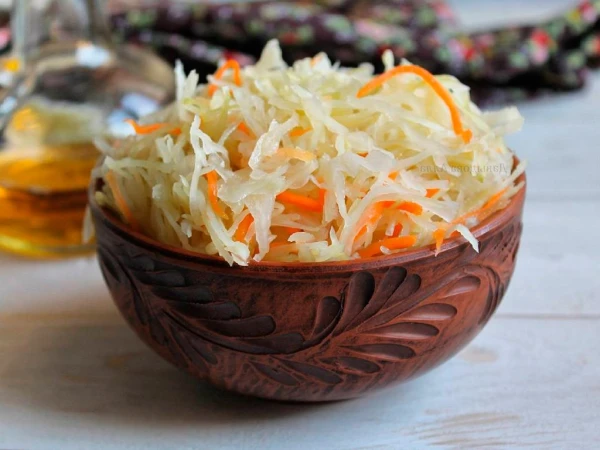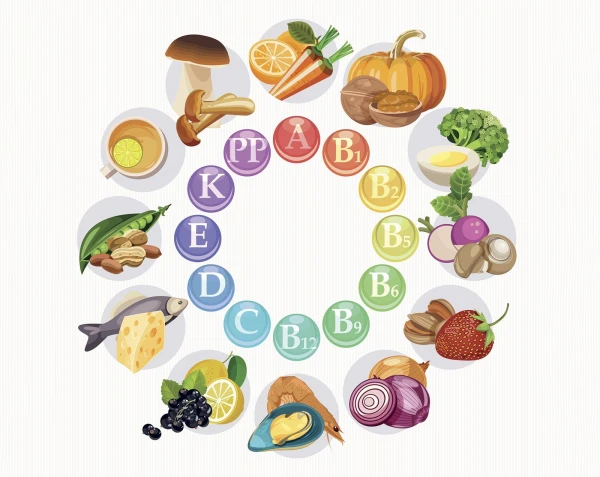
Fermented foods improve the microbiome, reduce inflammation, and support blood sugar levels. Let's explore what to add to your diet and why.
If fermented foods used to be associated with the not-so-aromatic sauerkraut from grandma's cellar, today they are back in vogue – from kimchi in restaurants to homemade kombucha. The trend for a "healthy gut" has made them true stars of nutrition. And for good reason: behind a simple jar of cabbage or a glass of kefir lies powerful support for immunity, skin, and digestion.
1. Support the Gut Microbiome
Fermented foods are a natural source of probiotics, live microorganisms that help maintain the balance of microflora. They reduce bloating, improve digestion, and even affect mood – as a large part of the happiness hormone, serotonin, is produced in the gut.
2. Improve Nutrient Absorption
Fermentation literally "pre-digests" food – breaking down compounds that are hard for the body to access and making vitamins and minerals easier to absorb. For example, the levels of B vitamins and C in fermented vegetables increase, and iron and zinc from plant foods are better absorbed.
3. Reduce Inflammation
A healthy microbiome helps strengthen the intestinal barrier, reducing chronic inflammation – the kind that often causes fatigue, skin problems, and weight fluctuations. Regular consumption of fermented foods promotes smooth digestive system functioning and improves overall well-being.
4. Support Stable Blood Sugar and Cholesterol Levels
Probiotics help regulate blood glucose and lipid levels. Studies show that fermented foods lower levels of "bad" cholesterol and triglycerides, as well as help maintain stable blood sugar levels. This is especially relevant during stress and irregular eating patterns.
Which Fermented Foods to Include in Your Diet
Kimchi
The main Korean superfood that is now conquering the world. Fermented cabbage with chili, garlic, and ginger is rich in probiotics and potassium. RidLife notes that according to recent studies, kimchi helps lower blood pressure, fasting glucose levels, and triglycerides. It also supports the microbiome and reduces bloating.
Sauerkraut
It is high in fiber, vitamin C, and beneficial bacteria that improve digestion and strengthen immunity. The key is to choose natural, without vinegar and sugar, or even better, make it yourself.
Dairy Products
Kefir, yogurt without additives, ayran, or buttermilk are simple and effective sources of probiotics. They support microflora, improve calcium absorption, and help recover after a course of antibiotics.
Fermented Fish
Yes, it sounds exotic, but such products are not uncommon in Asian cuisine. For example, Scandinavian fermented herring contains beneficial enzymes and amino acids that improve digestion and metabolism.
Fermented Beverages
Kombucha and kvass are great alternatives to sugary drinks. They refresh, improve metabolism, and support gut function. The key is to ensure there is no excess sugar in the ingredients.













Leave a comment